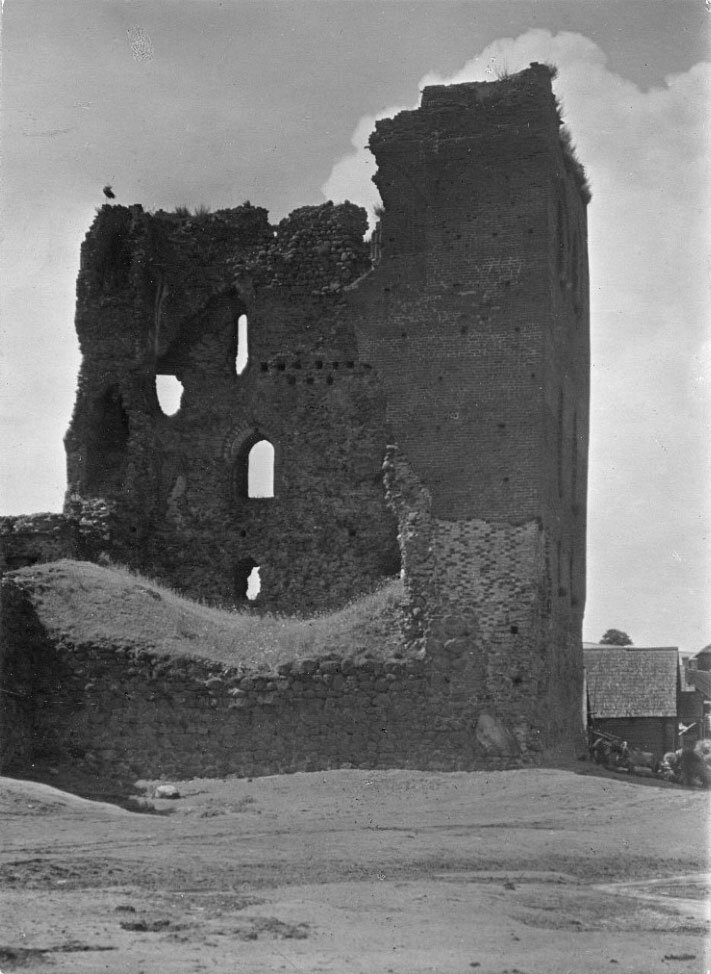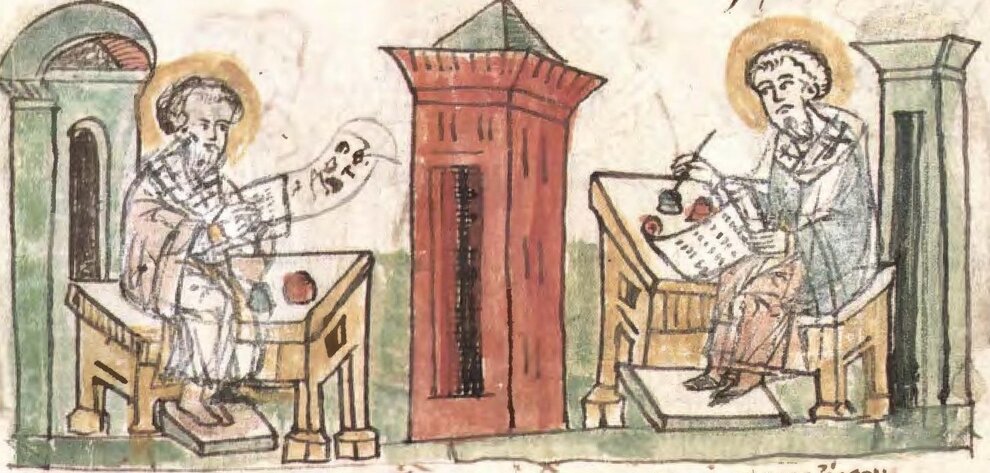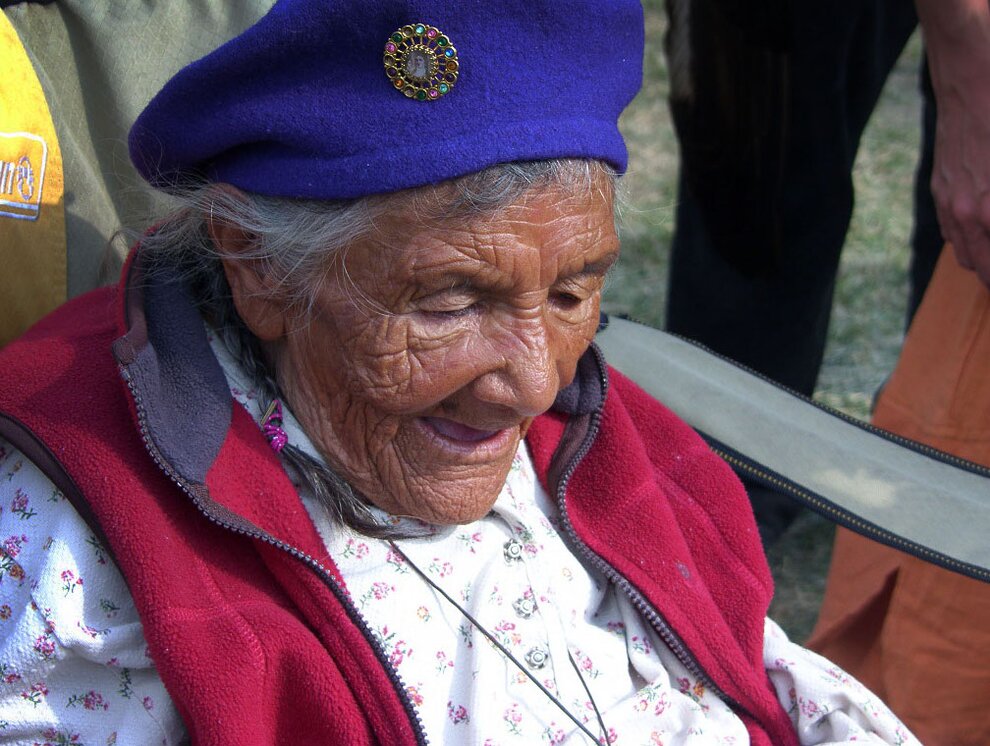Castle as a place of memory, or the miraculous escape of Duke Vitaut de Krewa
March 28 | Uladzimir Kananovich seminar
Thursday
28
March
2024
6:00 pm
7:30 pm

Presentation of a research project as part of the "Jeudis de la Maison Suger", a residents' research seminar.
Published at 19 March 2024






